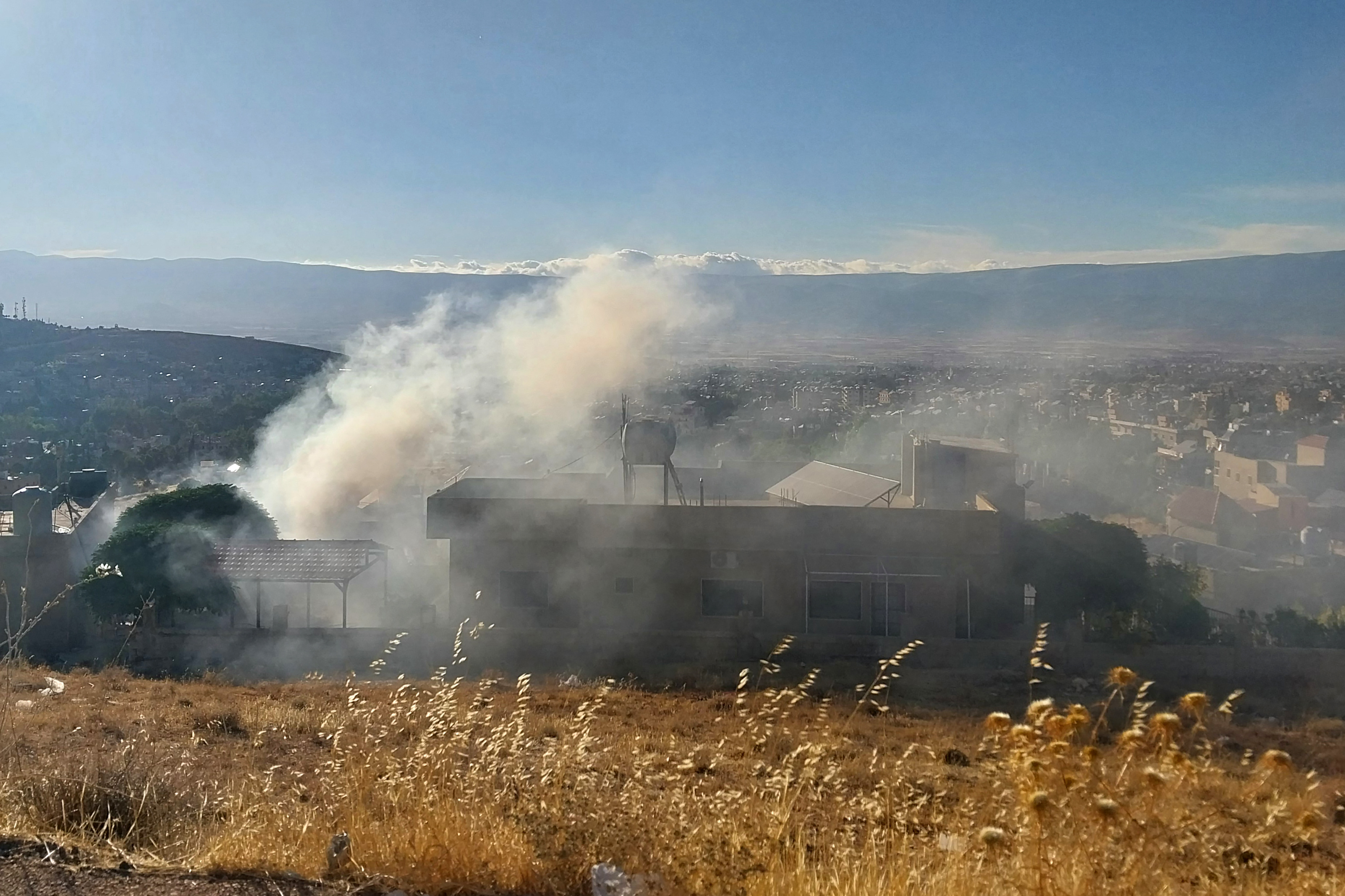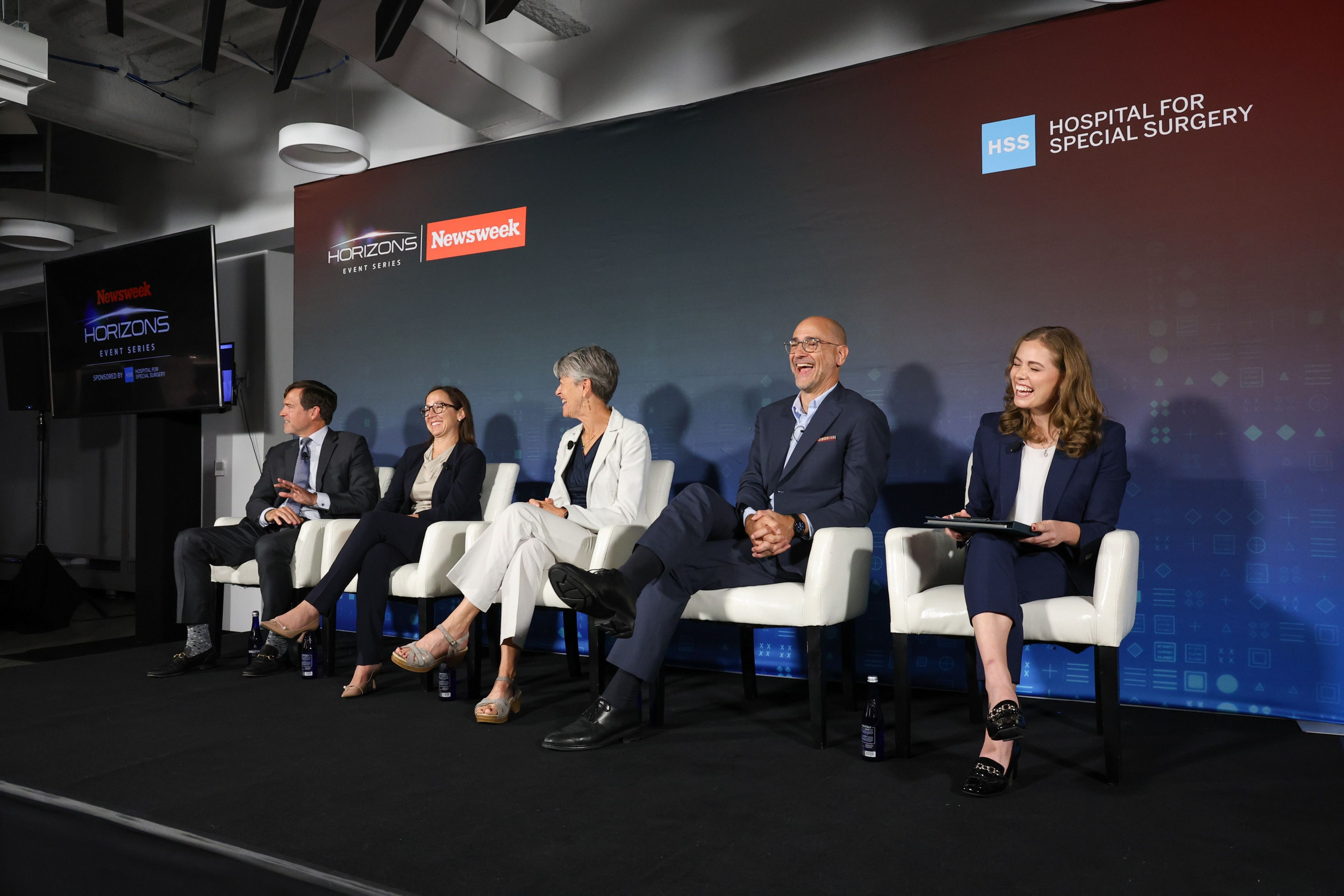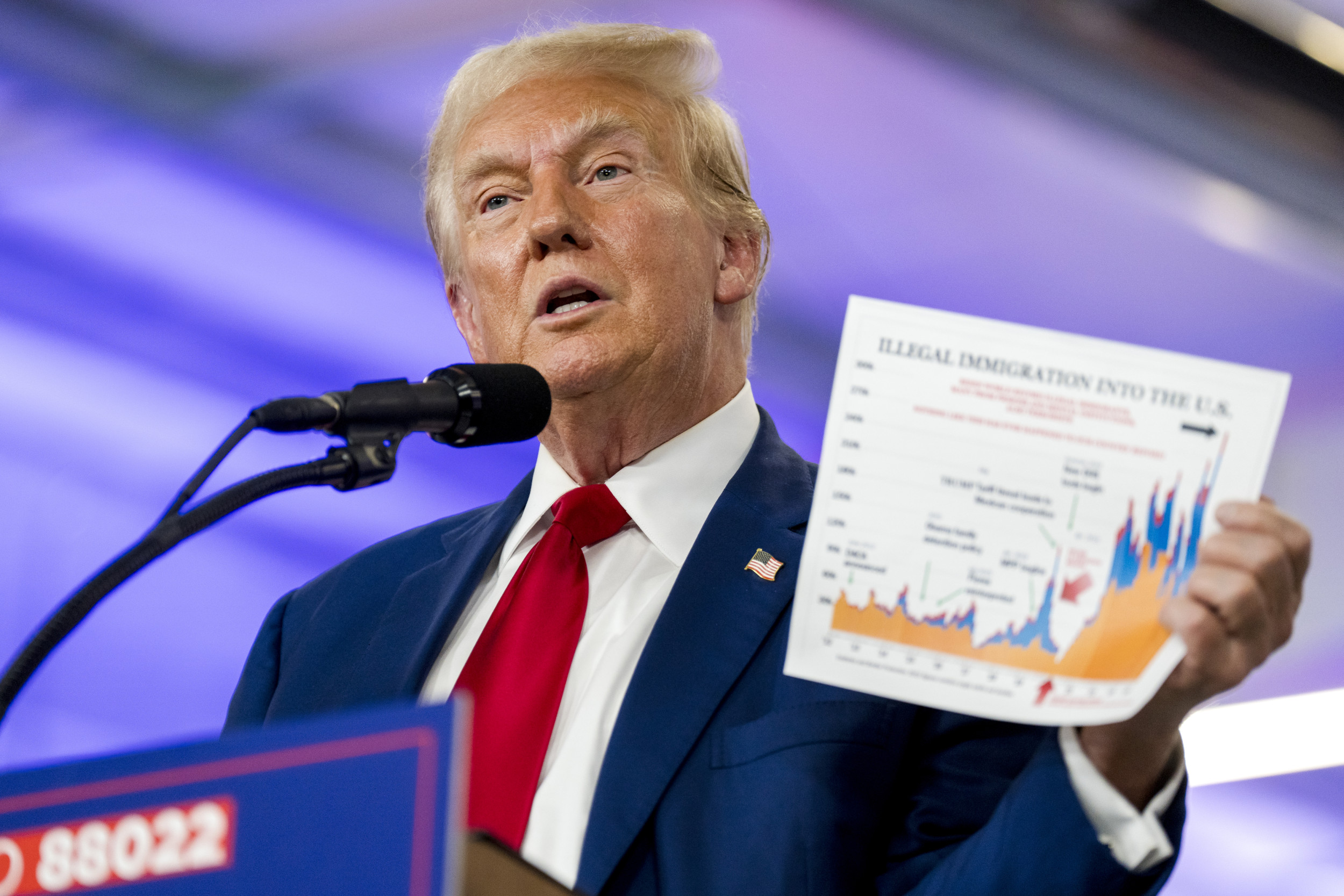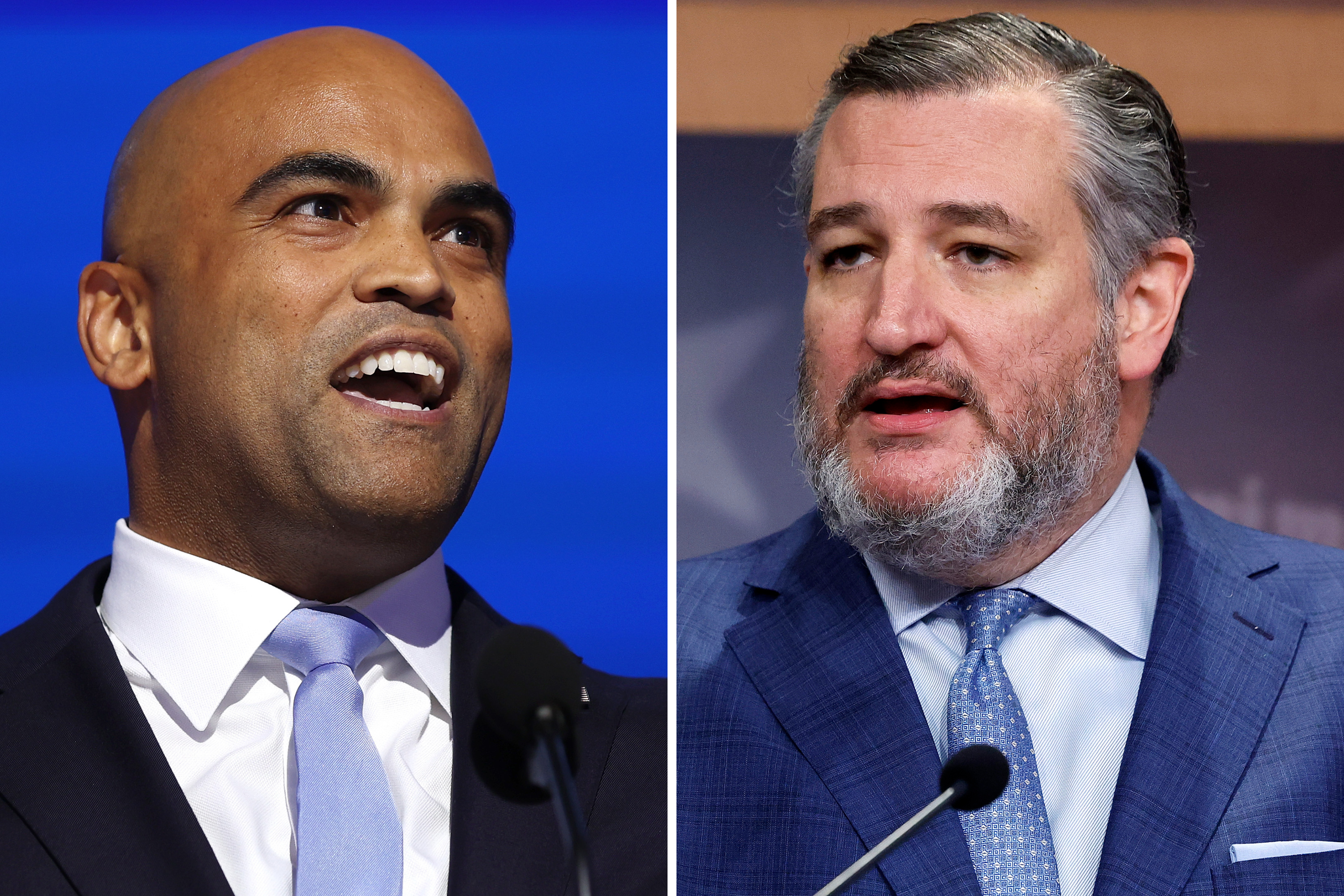Russia has plans to interfere in the 2020 presidential elections, said FBI director Christopher Wray during a Tuesday Senate Judiciary Committee hearing.
"The Russians are absolutely intent on trying to interfere with our elections through foreign influence," Wray said in response to a question asked by Senator Lindsey Graham about the security of the upcoming elections.
"Everything we've done against Russia has not deterred them enough?" continued Senator Lindsey Graham, the Republican committee chairman. "All the sanctions, all the talk, they're still at it?"
Wray responded that his view is, "until they stop they haven't been deterred enough."
But Wray's use of the word influence, instead of interference, could seriously affect the way the U.S. decides how to protect the upcoming 2020 election.

Social media campaigns, like the ones Russians launched on Twitter and Facebook ahead of the 2016 election to divide the U.S., are considered "influence" efforts, according to former CIA director John Brennan. Things like making statements to the press about the election can also be considered part of an influence campaign.
"The term 'interference' is loosely used. But there's a difference between 'interference' and 'influence,'" Brennan explained to Axios last year. Influencing an election, he said, isn't technically illegal while interfering in one is.
More direct attempts to mess with the election, such as Russians actually wanting to hack into election systems and change votes, or using propaganda would be considered "interference" which is sometimes referred to as "meddling."
Wray has used both terms before, underlining the distinction between the two. Last year, in an interview with Lester Holt, Wray said that "My view has not changed, which is that Russia attempted to interfere with the last election and that it continues to engage in malign influence operations to this day."
The potential absence of foreign interference in the 2020 election would be a relief to all congressmembers, but particularly Republicans who had to endure a 22-month investigation into Russia's meddling and potential coordination with the Trump campaign.
The distinction could also make a difference to Republicans who voted against an election security bill in late June. The Securing America's Federal Elections Act (SAFE Act) would work to ensure a paper trail for all ballots, make voting more accessible for the disabled and work to secure voting systems against foreign attacks. An election influenced by a foreign agent through a media campaign won't be fixed by securing voting systems.
Last month, the president was seen laughing with Russian president Vladimir Putin. Trump waved his finger disapprovingly at Putin and joked, "don't meddle in the election, please."
Minnesota Senator and 2020 candidate Amy Klobuchar brought up the incident Tuesday and asked Wray if he had briefed the president on the issue.
"We have had a number of meetings with others in the [White House] National Security Council," about Russia and the upcoming elections, said Wray.
About the writer
Nicole Goodkind is a political reporter with a focus on Congress. She previously worked as a reporter for Yahoo Finance, ... Read more





